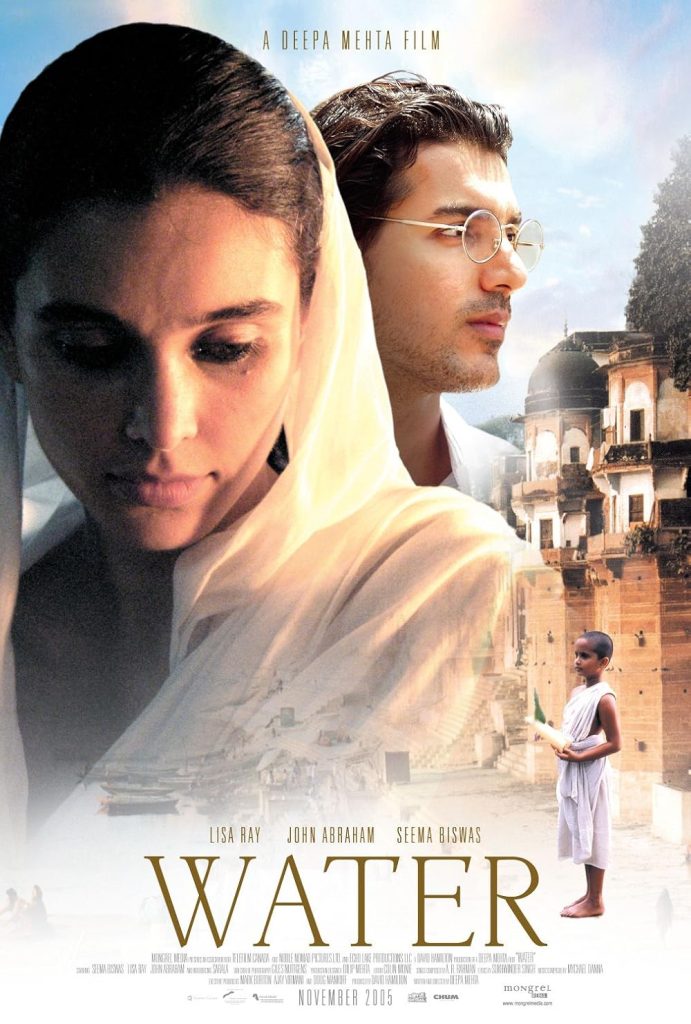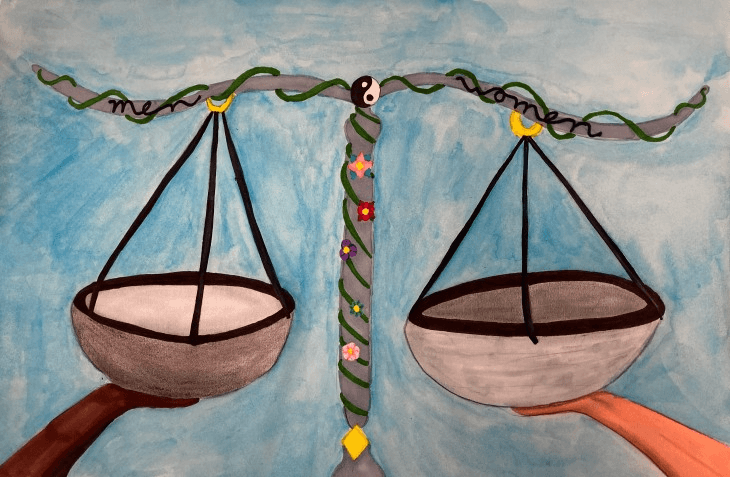Stories have always been there to teach us, to entice us to pay attention to new ideas, but the way they have lured us into their environment since the inception of cinema is unique. In the past stories were on sidelines, whereas the religious text was at the center and therefore, at the core of moral values. Now, it seems that the order has reversed and stories through vivid cinema and well-made television series are at the center of life. We drive most of our morals through films. News may or may not inform us, but stories in cinema and television change our moral compass and shape our lives every day. You think this is far-fetched? Listen carefully to children when they talk about a protagonist they had seen on television. Besides the excitement of the plot, they are deducing a lesson which is evident in what they say, but sometimes it is clearer in what they are avoiding to say. Of course, neither children nor adults talk about specific lessons they have learned after watching a program, but the way they talk about the story show what lesson has been conveyed.
Dexter was a favorite of thousands of people on the planet. They felt sympathy to the main character, Dexter, a serial killer with a moral compass. Some even loved him. Is this a new morality evolving at the dawn of 21st century? Or is it an old one in a new form? Have we arrived at the lesson that evil can be used for good, or in more layman terms, that psychopaths can be useful to society? In The Sopranos, we came to know intimately a drug mafia man. We came to know him as a person and even felt sympathetic to him because of his vulnerabilities, and felt sad when in the end he was ambushed. Is it a new moral inclination? We have begun to see life in grey; its not black and white anymore. The religious morals that have a tendency to be in black and white are losing their grip on us, and grey reality is becoming part of our lives. Is it beneficial for us as a people? I guess time will tell.
For the sake of this blog, I asked a couple friends the following questions. “What was the morality of Dexter?” One of the answers was: “Even evil can serve humanity.” And, “Duel morality and dichotomy where revenge is proven positive.” These are very complex deductions. Deductions that are only possible in modern times. The second question was: “What was the lesson in The Sopranos? “ One answer was, “Even the worst people have humanity in their roots.” And, “Evil begets evil, but evil is human too.”
Modern story telling has kicked our imagination into directions that we had not explored even fifty years back. Modern story telling is constantly changing our perception about past historical and civic moments. These stories create their own reality of the past. Often these period dramas change our perception about norms, trends and even political events of the past both recent and ancient. Queen Elizabeth I has been played by many actresses in different movies with different depictions of her temperament and political maneuverings. None of them may be close to the reality and probably all reflected a glimpse of her times but each of them changes our perception about her and her era. In the past, historians gave specific perspectives to events according to their beliefs and influences of their monarchs and affiliations. Now, movies and TV series do the same but with vivid imagery and strong story lines and dialogues. Would we feel as sympathetic to the plight of native Americans at the arrival of Columbus crew if we had just read it in the annals of history? Or do we feel sad and even horrified when we see them slaughtered by the invaders in a movie? Moving pictures are much more powerful in shaping our minds than the historical accounts. In Mel Gibson’s The Passion of the Christ, the soundtrack and elevated drama made hordes of people to see the movie. Did Gibson redefine those events? I think so. Was he close to reality? He probably was, but through the addition of music and orchestrated dialogues we entered into a new fictional reality far from the truth. The real events can never compete with the spell of a well-made movie.
Media, whether it is in the form of news or movies, has a powerful impact on our minds. This facet of our lives can be used for entertainment, enragement, and propaganda. Propaganda can be used to propagate fascism. And therefore, the ability to question information has a significant role in keeping us safe and mentally sound.



